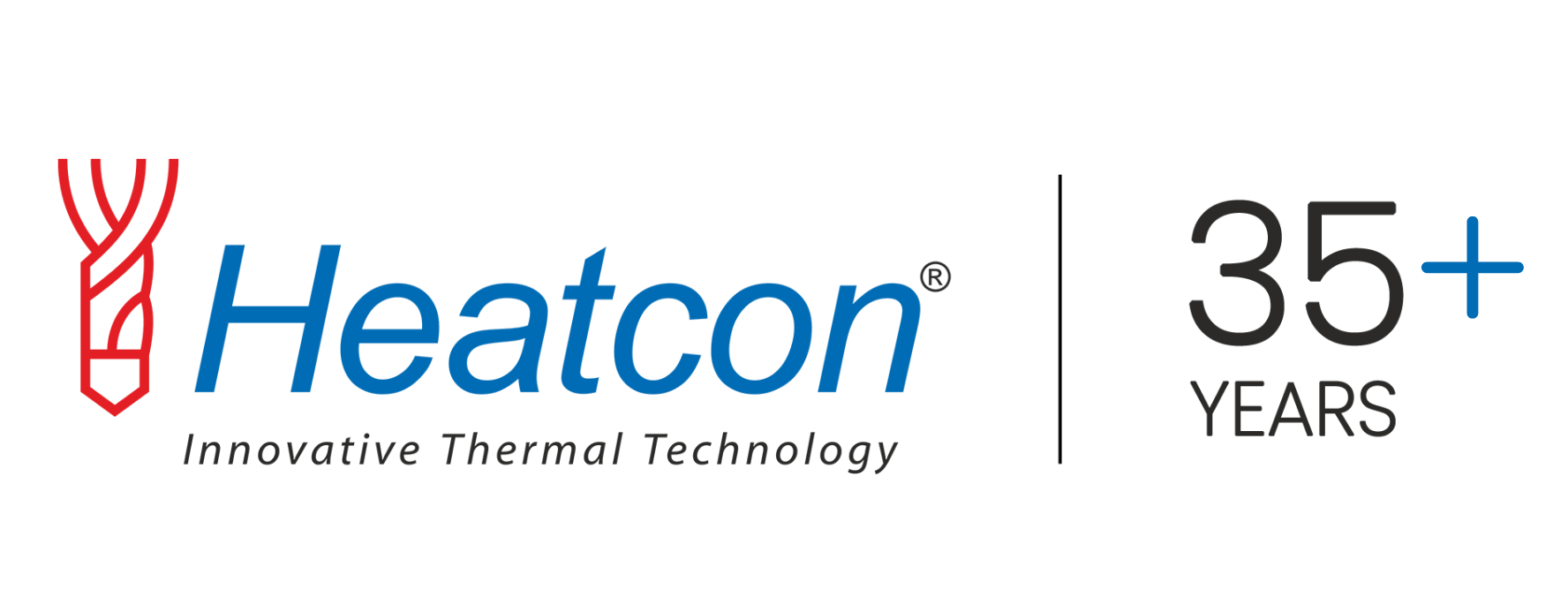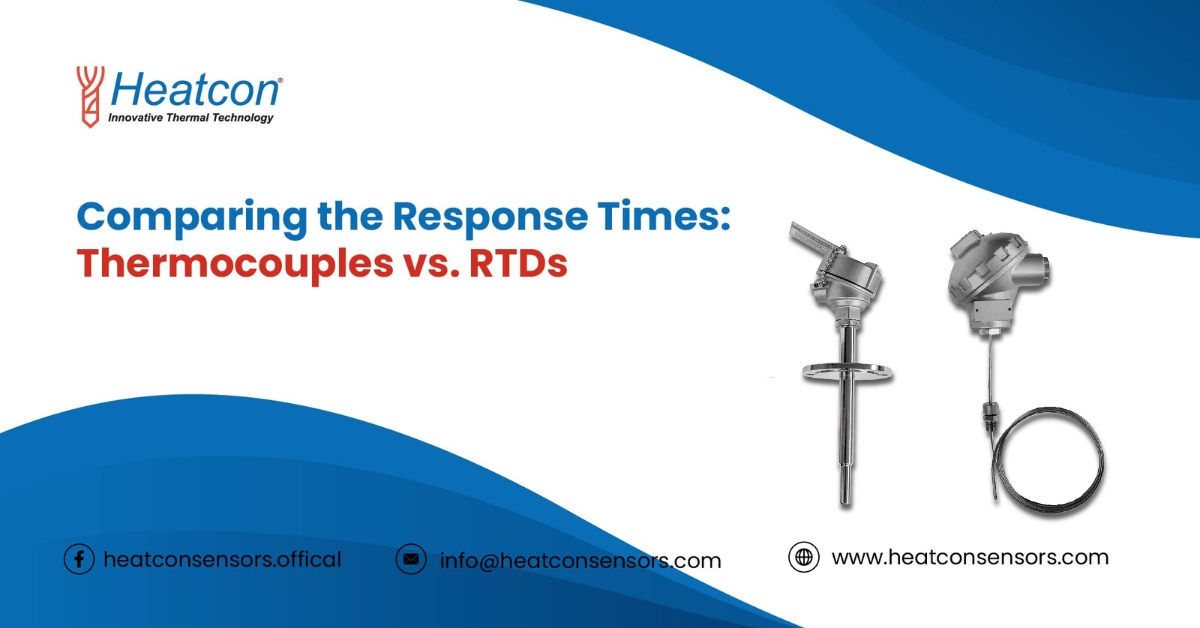When we talk of measuring temperatures accurately & swiftly, the 2 most popular options that stand out are 1) thermocouples and 2) RTDs (that are resistance temperature detectors). Both of these tend to serve important roles in different industries, right from the manufacturing sector to even the scientific research domain. However, their performances, specifically concerning the response times, could impact their suitability considerably for specific industrial applications.
Thermocouples Are Rapid & Robust
One main advantage of using thermocouples is their rapid response times. Also, owing to their low thermal mass & simplicity of construction, these sensors tend to react swiftly to any alterations changes in temperature measurements, making them the ideal ones for dynamic processes that need real-time monitoring. In industrial manufacturing applications, where precise temperature control holds much importance for maintaining product quality & process efficiency, thermocouples win the battle of choice! Also, thermocouples tend to be quite robust as they can withstand harsh process environments, which include vibrations, extreme temperatures, as well as mechanical stresses. Such resilience tends to make them quite indispensable in several industries like aerospace, metallurgy, & automotive, etc., where reliability is paramount that too under harsh conditions.
RTDs Are Precise & Stable
RTD sensors tend to provide excellent accuracy & stability over a vast range of temperatures, which makes them best suited for those industrial applications that require precise temperature monitoring. While RTDs might not be matching thermocouples concerning their response times, still these tend to excel in giving consistent & reliable temperature readings, especially in static & slow-changing industrial environments. Industries including food processing, pharmaceuticals, & environmental monitoring, etc, rely on these RTD sensors for their supreme accuracy & repeatability. Also, RTD sensors tend to exhibit a predictable & linear response to any temperature alterations, thus simplifying calibration to ensure measurement accuracy over time. Such a characteristic tends to prove quite useful in certain critical processes wherein even small temperature deviations could result in big consequences.
Thermocouples vs. RTDs – Choosing the Right Technology
While choosing between thermocouples & RTDs, you must understand the specific requirements of your application. For those industrial processes where, rapid responses are essential to any temperature fluctuations, like in heat treatments or welding applications etc, thermocouples can be unbeatable; while in those industrial applications where precise & stable temperature measurements are needed, like in lab experiments or other such temperature-controlled environments, RTD sensors can prove to be a good choice.
Conclusively, while thermocouples have rapid response times & robustness, RTD sensors provide much superior accuracy & stability. So, by carefully evaluating the specific application demands, engineers & researchers can select the most suitable sensing technology to ensure optimal performance & reliability. Whether it is speed or precision that is paramount, both these sensors have their place in diverse landscapes of temperature measurements. You can get the best range of products from the house of Heatcon Sensors!


